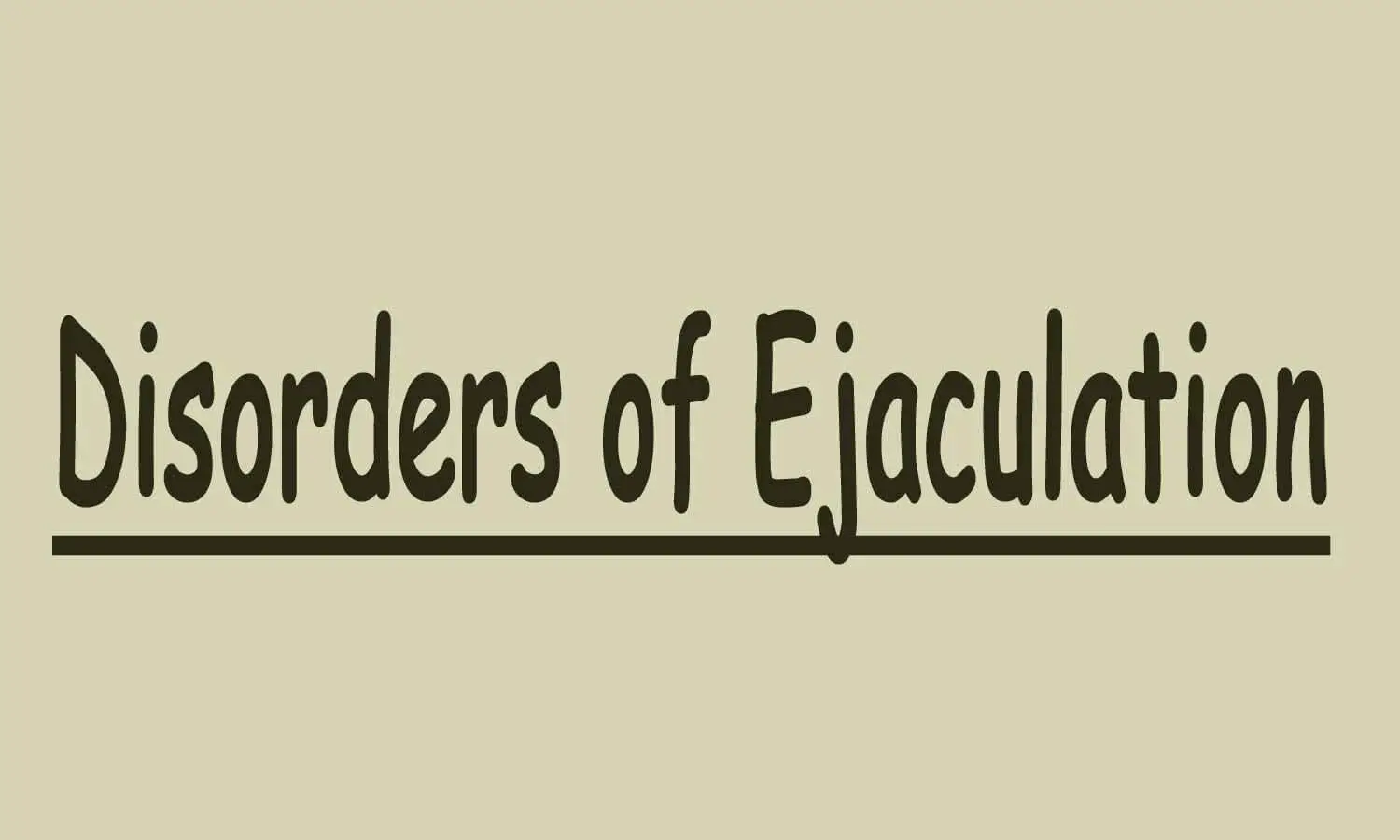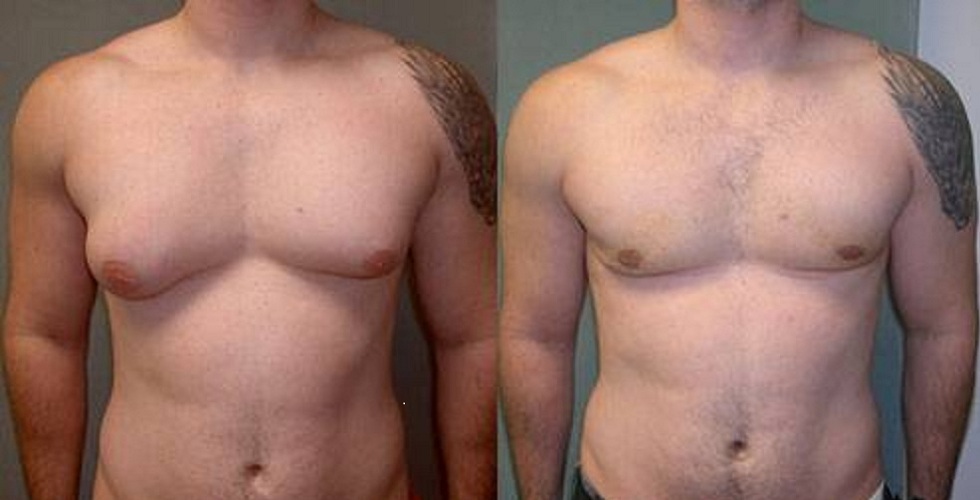Popularly, there is talk of infertility when a couple cannot get pregnant after a year of active and continuous sexual life, without using any contraceptive method.
Technically, infertility is the result of a dysfunction of the reproductive organs, the gametes or the concept. Already sterility is the inability to have the man or woman to produce gametes (eggs and sperm) or zygotes (result of the merger between eggs and sperm) viable.

Thus, we can say that a couple is infertile when there is a decrease in the chances of pregnancy , that can be circumvented by medical measures, and that it is sterile when there is inability to raise children. If you look for IVF treatment, then also look for different IVF cost in Mumbai.
The diagnosis of infertility / sterility should be made through a basic research on fertility and always involve the couple from the beginning.
Statistically, infertility occurs in 35% of the cases of male factors, 45% of female factors (tube-peritoneal, 35%, and ovulatory, 10%), 10% without apparent cause and 5% of diverse and infrequent causes. However, the percentage split in factors is artificial. The association of causes of infertility is frequent, mainly the concomitance of male and female factors.
Some tests help diagnose the causes of infertility / sterility:
- Transvaginal Ultrasonography: It also allows to perform certain in vitro fertilization procedures;
- Hysterosalpingography: It is a contrasted radiological exam that evaluates a possible obstruction of the uterine tubes;
- Hysteroscopy: It is an examination that allows a direct visualization of the uterine cavity;
- Spermogram: It aims to know one of the male factors, evaluating the concentration, motility, vitality and morphology of spermatozoa.
Other tests to be used in specific cases are: cervical mucus evaluation, endometrial biopsy, cervical cultures, anti-sperm antibodies screening, immunological exams, and laparoscopy. Read more at Elawoman.com.

Karen is a health blog author who has been writing about healthy living since 2013. She started her journey by adopting a vegan diet and eating only organic foods, but the more she learned, the more she realized that we should all be eating plant-based diets exclusively. As an expert in nutrition and wellness, Karen blogs to educate readers on how they can live happier and healthier lives through food choices!













